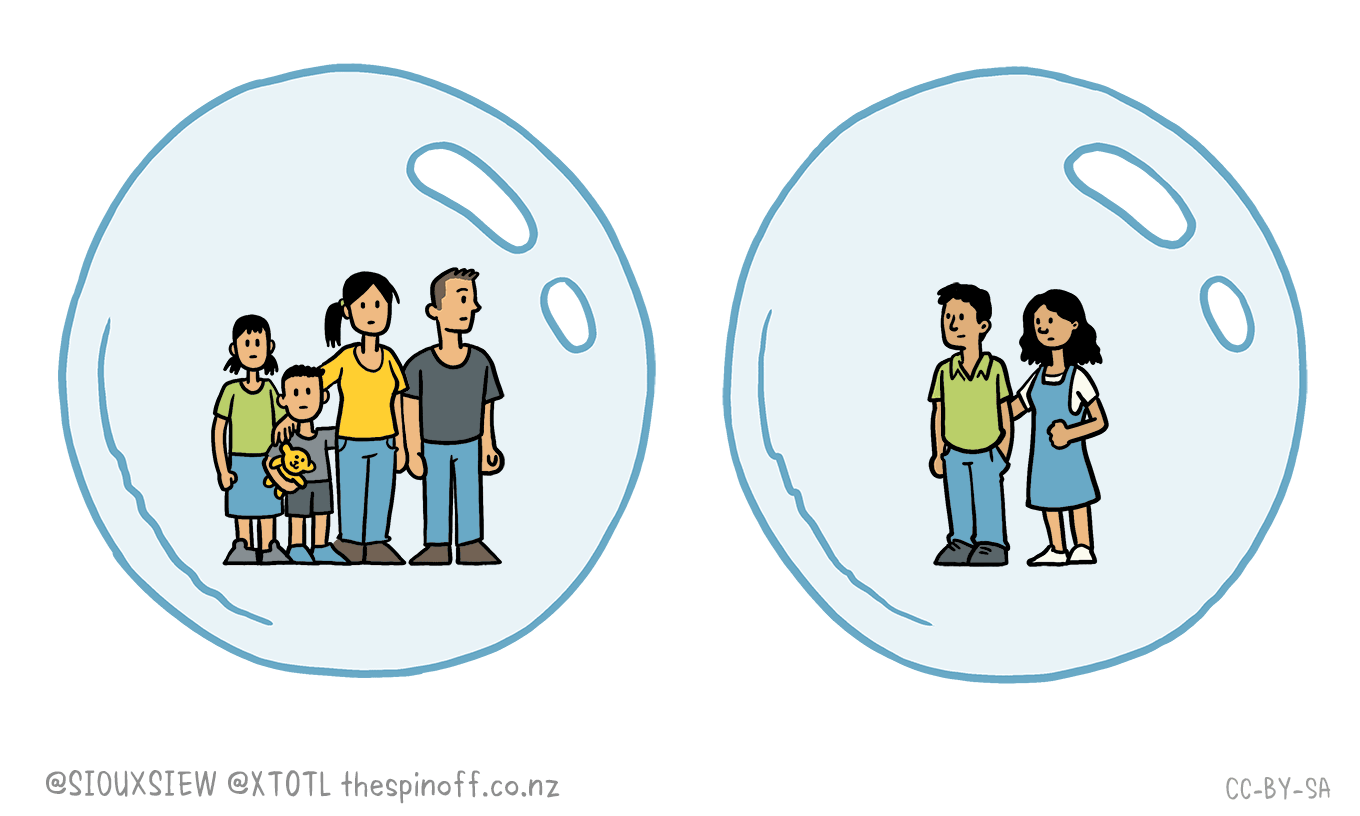The concept of carbon neutrality - a net zero release of Carbon Dioxide (CO2) into the atmosphere - has circulated in our society over the last few decades [1]. The current levels of CO2 emissions have proven links to global warming and climate change. It is also well known that this phenomena is directly connected with the use of fossil fuels in industry, energy production, transportation, agriculture, construction and other human activities. The risk of climate change related natural disasters has seen governments, NGOs and institutions around the world to take actions towards mitigation. In this blog, Dr Fallas-Chinchilla reflects on the hidden environmental costs of transport electrification and asks – what are the environmental costs of the current strategy for offsetting carbon and could we be doing environmentally better whilst striving for carbon neutrality?
Read MoreSince lockdown measures were introduced on 23rd March 2020 in the UK, while a minority of vulnerable children attend school, and school staff have worked hard to stay connected, social workers and family support workers have been some of the few safeguarding professionals visiting families in their homes and often the only ones to do so regularly. I this blog post, Professor Harry Ferguson asks - How, then, are social workers and families managing the risks from COVID-19 that home visits carry?
Read MoreIn Australia, the story of dealing with the coronavirus pandemic so far has been largely a positive one. Leadership and speed of response to this point has been recognised as critical to containment and management of the pandemic (Tiffen 2020). If we were to award the gold medal, it should go to our public health community. But we have seen strength in many quarters and for that reason, Valerie Braithwaite argues that we sell everyone short by singling any one group out.
Read MoreIf you have ever needed money in a hurry it may have been tempting to apply for a small loan to tide you over until your next pay packet. During Covid-19 and with increasing financial precarity, ‘payday’ loans may be how people resource short-term solutions as many people look online for financial help. Research from Dr Vivien Chen at Monash Business School’s Department of Business Law and Taxation shows the rise of digital platforms has significantly increased consumer access to payday loans. The financial risk posed by Covid-19 presents a key opportunity for governments to develop policy and mechanisms to protect people in financial distress. This article originally appeared in Monash Impact.
Read MoreMarketing managers and academics have been studying how families plan ahead and make decisions about family care and family consumption for a long time. But what happens when planning ahead is not possible? A new study says that when consumers can’t plan ahead...they dance.
Read MoreAustralians with disability represent some of the most excluded of all Australians in relation to the impacts of coronavirus. At the same time, many people with disability are particularly at risk from COVID-19, because of barriers that exist to their inclusion, and their need for ongoing support. People with Disability Australia asked people with disability to tell them about their experiences over the last two months, and have released a report on those findings today.
Read MoreIn today’s post, Sue Olney (@olney_sue) examines developments in Australia’s welfare-to-work system and rhetoric during the COVID-19 pandemic. She argues that the premise on which the system is built – that unemployment is an individual problem and that anyone the government deems capable of working can find a job if they’re pushed hard enough – has to change.
Read MoreIn today’s post, Dr Ann Kayis-Kumar, Professor Fiona Martin, Dr Jack Noone and Professor Michael Walpole from the University of New South Wales explain that many sole traders in Australia are experiencing financial hardship in the current pandemic because they are behind on their tax paperwork. Those helped by the UNSW Tax Clinic who were behind on their quarterly Business Activity Statements were, on average, seven years behind. Their financial vulnerability has long-term and widespread implications. This article was originally published in The Conversation.
Read MoreIn this post, Dr Belinda Townsend from ANU (@BelTownsend) says Australia can play a greater role in supporting mechanisms for affordable access to new treatments and vaccines for COVID-19. This piece was originally published on the East Asia Forum as part of its special feature series on the novel coronavirus crisis and its impact, prior to the 73rd World Health Assembly.
Read MoreIn today’s post, Dr Andrew Joyce, Dr Perri Campbell, and Aurora Elmes from the Centre for Social Impact Swinburne argue that a social enterprise focused Job Guarantee could be an important part of a suite of policies to address imbalance in the labour market in the wake of COVID-19.
Read MoreOne in ten Australians provide care for a loved one, sustaining families and saving governments huge sums on care services. Associate Professor Myra Hamilton explains why COVID-19 has increased the pressure for Australia’s many unpaid carers and the impact this is having.
Read MoreHistorically, epidemics have brought a double threat: first to Indigenous health, then to Indigenous self-determination. Here Aileen Marwung Walsh and Laura Rademaker explain why Indigenous self-determination is vital to beat COVID-19.
Read MoreHuman psychology plays a key role in how we respond to pandemics.
Victoria University of Wellington’s Dougal Sutherland unpacks the factors that determine our behaviour during lockdown.
Read MoreWhile the use of digital platforms has kept us socially connected during times of physical isolation, there are concerns that online safety measures are not enough to deal with potential surges in harassment and abuse, including cyber violence against women.
Auckland University of Technology’s Cassandra Mudgway and Kate Jones are calling for governments to establish an international charter on digital human rights to protect digital citizens from online harassment and abuse.
Read MoreLast week, Abigail Lewis flagged unanswered questions about Australia’s temporary visa system in the current health crisis, the essential work being done by temporary visa holders in response to COVID-19, and the need for policy flexibility and care for people in limbo during a pandemic that crosses borders.
This week, the University of Melbourne’s Joo-Cheong Tham argues that the Australian Government should give temporary migrants access to JobKeeper.
Read MoreWhat are Australians thinking about during the COVID-19 pandemic? Alexander Saeri, Emily Grundy, Liam Smith, Michael Noetel and Peter Slattery delve into the psyche of Australians to see what they’re worried about in the hopes of supporting evidence-informed policy responses that help encourage people to protect each other.
Read MoreCOVID-19 is not only a health, social and economic problem - it is an environmental problem.
Fiona Armstrong (Climate and Health Alliance), Anthony Capon (Monash Sustainable Development Institute) and Ro McFarlane (University of Canberra) explain why biodiversity conservation and mitigating climate change are crucial to preventing future pandemics.
Read MoreAustralian National University’s Bhiamie Williamson and Francis Markham, as well as Western Sydney University’s Jessica Weir argue, that Aboriginal people, particularly those aged less than 15 years old, are disproportionately affected by Australian bushfires and should therefore have a much stronger presence in all bushfire inquiries going forward.
Read MoreResearch by Evgenia Bourova, Professor Ian Ramsay and Professor Paul Ali at Melbourne Law School highlights the challenges that financial counsellors and other consumer advocates face in assisting women with debt problems resulting from economic abuse — an often ‘hidden’ form of family violence. The risk of this type of abuse escalating during and in the wake of the COVID-19 pandemic is high. This article was originally published on Broad Agenda.
Read More




















